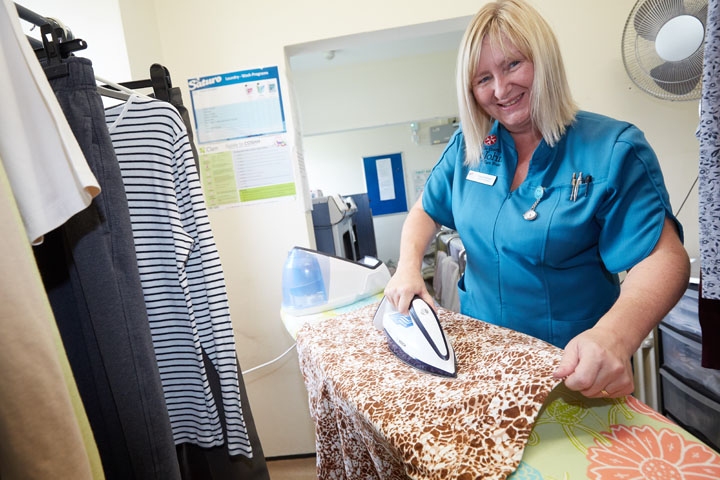Social care can take the form of many different types which will suit different people.
It takes 365 days a year, 24 hours a day to ensure that individuals receive the care they are entitled to and need. Listed below are the varieties of different care settings which are available.
The Kings Fund has some great information to help you decide what setting you would prefer to work in.

Domiciliary care staff offer support to individuals in their own home. You could be assisting with various household tasks, personal care or other activities which allow individuals to maintain their independence.
Domiciliary care workers ensure the service users they are visiting are able to sustain a good quality of life and will be an essential part of their daily routine. You could be supporting individuals with learning difficulties, mental health problems, sensory impairment or physical disabilities.
As a domiciliary care staff member you will usually visit individuals on your own or, depending on the service users needs, with another team member. Many companies will require members of staff to drive – and have access to a car or willing to utilise public transport as traveling is required to get to each individual.
When applying for jobs in this sector ensure you find out the expectations from the employer - are you expected to be able to drive for the role advertised?
A day centre can be managed privately, by the council or by the NHS.
Day centres aims are to ensure that social isolation does not occur for individuals. Day centres can offer a variety of services for the individuals attending- such as meals, activities and gives them an opportunity to meet new people and continue to socialise. Day centre staff can sometimes be required to deliver personal care for individuals attending.
Day centres can offer a respite service for individuals who need full time care which is being delivered by family members. The respite can offer a change of scenery for the service users and gives the full-time carer time off for themselves- an important situation for all involved.
